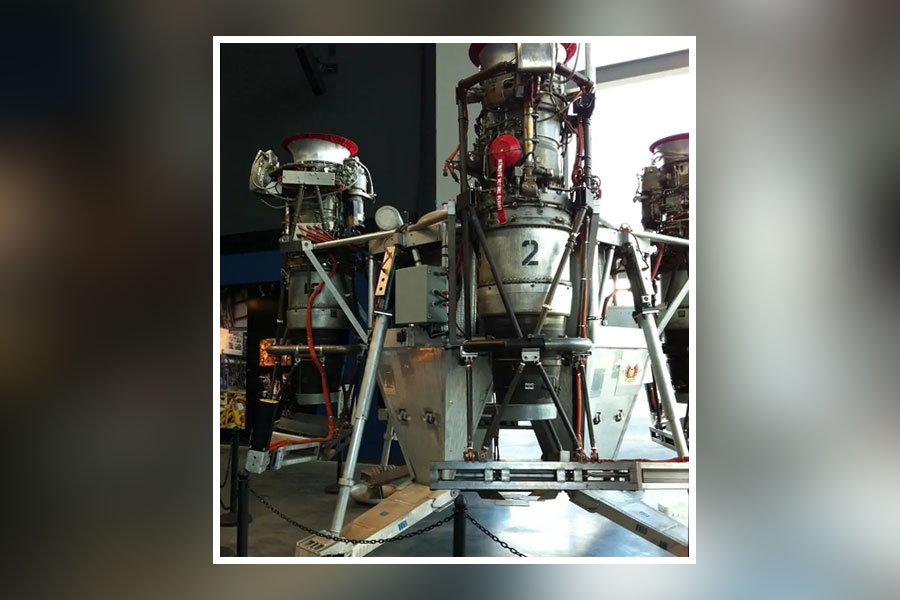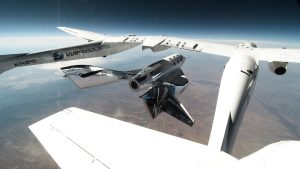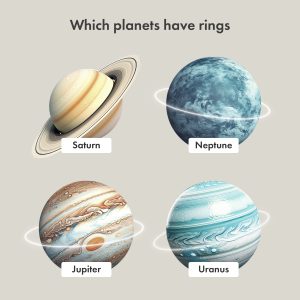The State of Space Tourism – The Industry In 2022
21st Jul 2022
In 2021, Richard Branson won the billionaires’ race to be the first into space. In doing so, he beat the likes of Jeff Bezos to take the crown as the first of the Silicon Valley billionaires to cross the Karman Line and call themselves a spaceman.
Virgin Galactic has hit headlines many times since its inception in 2004. A lot of public chat about the project is that it is some sort of “publicity stunt”. However, it doesn’t take a lot of digging under the surface of the brand’s activities to see that this is not the case. They are building a real business out of something we once thought was confined to the science fiction books; namely, space tourism.
The Key Players in Space Tourism
On 20th July 20 2021 Jeff Bezos followed Branson’s lead into space. Blue Origin, the Amazon founder’s space venture, launched from the inventively named “Launch Site One” in Texas just after 9 AM, and took its passengers into space.
The passenger list illustrates perhaps the most symbolic factor of this launch. As well as Jeff Bezos and his youngest son, Oliver Daemen joined in place of an auction winner who had paid an incredible $28 million for the seat on the New Shepard launch, but later pulled out. Regardless, Daemen was in effect the first ever commercial customer on a commercial space flight. In this sense, Branson and company have lit the touchpaper.
Currently, $28 million may be unobtainable to most. Richard Branson’s ‘Private Astronaut Experience’ on Virgin Galactic may be a little more affordable, with a cost of $250,000 USD (around £180,000). Incredibly, this gets you just four minutes in space.
2022 has seen further advancements. Not the least of accomplishments: commercial passengers going to a space station.
“I hope you enjoyed the extra half orbit in Dragon, or at least found it memorable. Welcome to the International Space Station.”
No, this is not the first line of a new science fiction book by Andy Weir, but rather the real words of a flight commander for the SpaceX Crew Dragon capsule, which sent four space tourists all the way to the ISS. SpaceX is selling places on their future ventures, and you get more than four minutes in space, too.
The first on the Crew Dragon capsule were Canadian investor Mark Pathy, property executive Larry Connor, and Israeli investor Eytan Stibbe. This means that only a select few have made it into space as tourists.
Is 2022 The Year of Take-Off?
There was a lot of buzz around 2022 in the world of space travel.
Originally, the commercial space flight service for Virgin Galactic scheduled the first commercial launch in Q4 of 2022. Unfortunately, with staff shortages in many industries in 2022, the space travel industry has felt the pinch before it really even gets going. The company delayed the full launch until 2023 amid a “supply chain crisis and labour constraints” hav.
The company is losing money. However, this isn’t your average venture. The primcipals and they have accounted for some huge losses before they properly start regularly sending customers into space, and taking huge amounts of money from their patrons in the process.
The financial results from the first quarter of 2022 are not cause for alarm. Among the claims in the document includes: “Demand for Tickets Remains Strong, with Approximately 800 Future Astronaut Reservations”. In fact, it is the first line in the report, with Virgin Galactic presumably keen to outline the fact that many people are still waiting to board one of their vessels.
Many assume that the Galactic venture will be the one that makes commercial space travel, and space tourism, as “mainstream” as can be expected for such an expensive hobby.
Once Virgin’s fleet is in full-swing, they are targeting three flights each month with the Unity craft, which is due to enter its commercial service early in 2023, and then the Imagine craft will fly twice each month from the middle of 2023. As we’ve all seen already, though, dates could be subject to change based on the industry, and its inherent constraints.
The UK’s Space Tourism Prospects
The overwhelming majority of the current breakthroughs in space tourism are taking place in the US. Though it was a Brit, Richard Branson, who arguably started this movement, the US environment of eccentric billionaires, combined with their existing space infrastructure, has seen America take the lead.
In a recent UK government report, the the UK Space industry point out that space tourism industry was pointed out as a fast-growing area in the industry: “Activities that displayed the most significant percentage growth were: space tourism (34%, £1 million).” – The Size and Health of the UK Space Industry 2021.
The authors of the report also pointed out the potential of the industry. They write that 145 investors and 38 companies have invested “nearly £6 billion across 90 investment deals with UK space organisations.”
The UK has also seen one of the world’s firsts, a space tourism travel agency called Rocket Breaks. However, the company must prove itself. Otherwise, it will just become a shop for comparing the few options out there for space tourism.
The UK also expects to see new and exciting facilities appear. SaxaVord spaceport on the Shetland Islands is one such example. The site is working towards the Pathfinder launch in Q4 of 2022. Skyrora, a UK startup in the space industry, will launch its first three-stage Skyrora XL rocket from SaxaVord facility.
Spaceport Cornwall is preparing to host the first Virgin Orbit launch from UK soil, too. While these don’t directly mean that we will all be booking trips to Mars in weeks, they do indicate significant industry progress.
Nobody knows how many of the 800 bookings on the current Virgin Galactic waiting list are from UK patrons. The appetite for space travel among the wealthiest in the UK is essentially unknown. As the industry evolves, the trips may become slightly more affordable, and it is not inconceivable that Britain could become a hub for launches at some time in the future.






Thank you for your comment! It will be visible on the site after moderation.